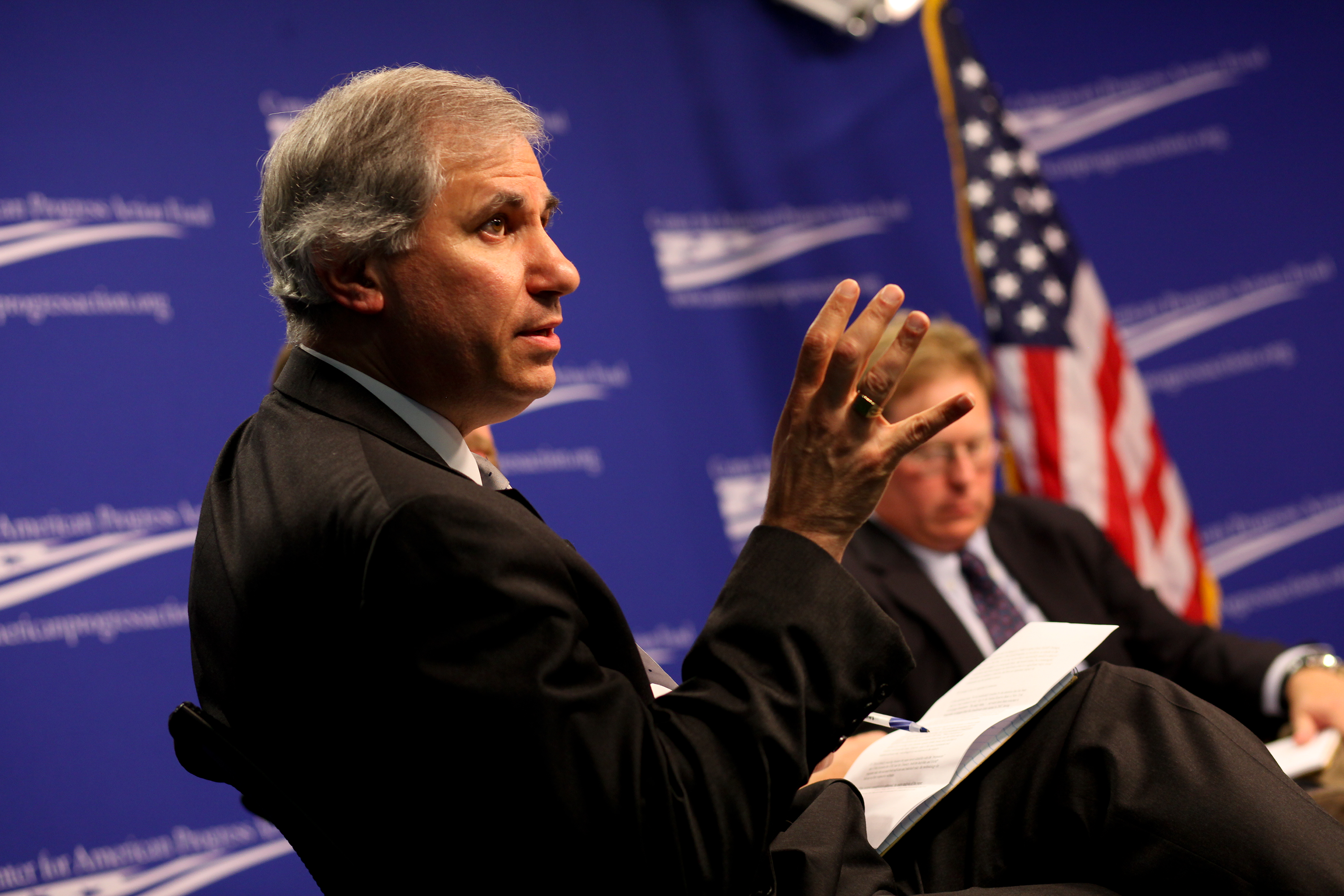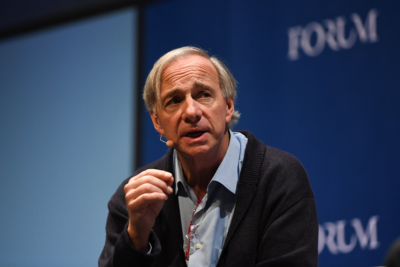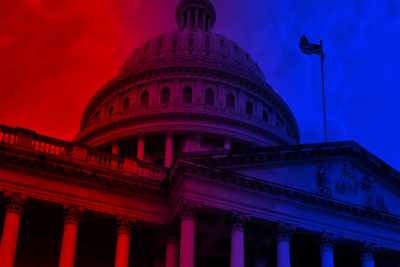What’s Afoot At the FDIC?
It’s not every day that you wake up to headlines about one of the nation’s most staid-and-storied institutions – really, the cornerstone upon which the entire U.S. banking system rests in order to remain stable – engaging in the sexual…

Sign up to unveil the relationship between Wall Street and Washington.
It’s not every day that you wake up to headlines about one of the nation’s most staid-and-storied institutions – really, the cornerstone upon which the entire U.S. banking system rests in order to remain stable – engaging in the sexual predation of its youngest trainees and throwing drinks-laden parties out of its own $100 million hotel.
The $100 million hotel in question was built during the 1980s’ age of excess, but to hear this story, you would think that era was still trapped, fully preserved, within its walls. Truly it is hard to grasp how there could be an 11-story hotel in Arlington, Va., controlled by a U.S. federal agency, where you can drink until you drop, urinate in the elevator and heave indelicately off the rooftop – in addition to being shielded from the consequences of your actions with such impunity that its inhabitants liken it to an “embassy.”
All this according to a deeply reported, gasp-inducing investigation published this week by The Wall Street Journal, chronicling the goings-on at the Federal Deposit Insurance Corporation (FDIC), which, in addition to insuring America’s bank deposits, has, according to the paper, also provided safe haven for employees’ predatory behavior for decades.
Noting the agency’s pervasive drinking culture and hotel “party hub,” the Journal cites a social media post from as recently as 2021, stating, “If you haven’t puked off the roof, were you ever really a FIS?” (FIS refers to “financial institution specialist.”) The FDIC’s 350-room hotel has a pool and a rooftop patio (naturally, as all government buildings do).
More concerningly, the report details how the hotel, where many out-of-town FDIC employees would stay for trainings, was not considered a safe space for some of the agency’s youngest trainees, who told the Journal they were subjected to repeated unwanted sexual advances from their supervisors – while also being repeatedly passed over for professional advancement. Among some of the more damaging allegations were trainees and employees being sent inappropriate photos, verbally propositioned for sex and invited to strip clubs – frequently in the context of supervisors pressuring their subordinates.
The workplace culture, according to more than 100 current and former employees interviewed by the Journal, is so toxic and misogynistic, that more than 20 women working at the agency said they felt forced to quit.
The bombshell story, which dropped earlier this week, came just ahead of U.S. bank regulators’ testimony before Congress, which aims to take a closer look at financial regulatory oversight following the collapse of a number of key banks this past spring.
In light of the Journal investigation, watching Tuesday’s testimony was downright awkward, with members of the Senate Banking Committee, by turns, lambasting FDIC Chairman Martin Gruenberg for what many saw as the agency turning a blind eye to years of serious allegations of sexual harassment, while also trying to cram in their original questions.
“What the hell is going on at the FDIC?” Louisiana Republican Sen. John Kennedy implored Gruenberg, while trying to juggle separate lines of inquiry about Basel III international banking rules.
Gruenberg said he was “personally disturbed and deeply troubled” by the reports in the Journal article and assured the Senate panel he was not aware of them. The FDIC announced shortly after the article was published it would be undertaking its own “top-to-bottom” assessment of the claims through the independent firm BakerHostetler.
“You and your colleagues ought to hide your head in a bag,” Kennedy pronounced to Gruenberg. “This is no country for creepy old men. And they got no place at the FDIC.” (Kennedy is known for invoking his “head in a bag” condemnations when he’s especially piqued.)
Noting how a 2020 Inspector General report raised alarming concerns about pervasive sexual harassment complaints at the agency and compared the behavior of the FDIC’s staff to the films “Animal House” (1978) and “Porky’s Revenge” (1985), Kennedy asked Gruenberg to explain what he had done in his 20 years at the agency to address the problem.
Gruenberg said he was a member of the FDIC board at the time, but let the chairman take the lead on the report. “You didn’t do anything, did you?” Kennedy pressed. “Not at that time, no,” Gruenberg said. “This wasn’t a news flash for you,” Kennedy fumed. “You had a 2020 report and you settled with the board. You didn’t do anything. And your colleagues didn’t do anything.”
Not to be outdone, the cryptoverse – still recently recovering from its own drubbing – burbled to life to take a shot at the traditional financial system. “Banking is still a boys’ club,” said founder and chief executive of Custodia, Caitlin Long, who oversees the digital asset custodian company, posting on X (formerly known as Twitter). She recalled a recent bank industry conference she attended where the entertainment was so “raunchy” the “women walked out in droves, far worse than anything I’d seen ‘crypto bros’ do.”
Also posting about the scandal, Sam Callahan, a blockchain analyst, wrote, “The nation’s top banking regulator has a party culture rife with misconduct going back decades…But don’t worry, these folks have your back in the next banking crisis.”
The FDIC was created 90 years ago in a climate of enormous financial turmoil in the wake of the 1929 stock market crash, when Americans were clamoring for a federal program to protect their bank deposits from bank runs and other calamities.
As U.S. President Franklin D. Roosevelt signed the FDIC’s existence into law as part of the Banking Act of 1933, his words were prescient and, today, perhaps instructive. “More important than currency, more important than gold,” he said, “is the confidence of the people.”











